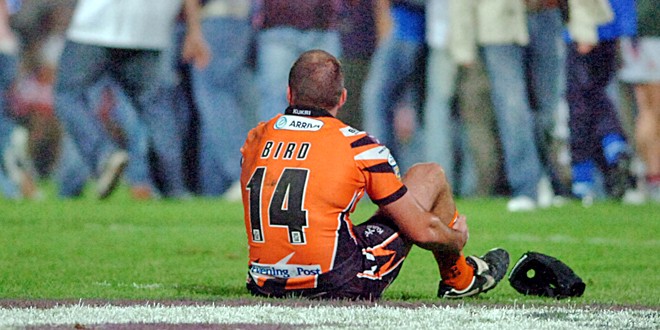 As we've known for a while now, Bradford Bulls and London Broncos will play their rugby in the Championship next season.
Both clubs are making the right noises about playing their way back into the elite, but what long-term effect will relegation from Super League have upon them?
The evidence from others who have taken the drop is mixed to sa
As we've known for a while now, Bradford Bulls and London Broncos will play their rugby in the Championship next season.
Both clubs are making the right noises about playing their way back into the elite, but what long-term effect will relegation from Super League have upon them?
The evidence from others who have taken the drop is mixed to sa Opinion: Is relegation really a disaster?
 As we've known for a while now, Bradford Bulls and London Broncos will play their rugby in the Championship next season.
Both clubs are making the right noises about playing their way back into the elite, but what long-term effect will relegation from Super League have upon them?
The evidence from others who have taken the drop is mixed to sa
As we've known for a while now, Bradford Bulls and London Broncos will play their rugby in the Championship next season.
Both clubs are making the right noises about playing their way back into the elite, but what long-term effect will relegation from Super League have upon them?
The evidence from others who have taken the drop is mixed to sa 